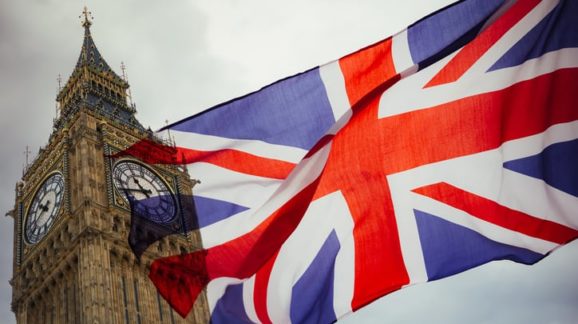Brexit Update: Nigel Ashford and Iain Murray Offer Analysis

With the vote yesterday in the House of Commons to approve Prime Minister Boris Johnson’s plan for separating the United Kingdom from the European Union, it seems that after a very long road, Brexit will actually be happening on January 31:
Thursday’s vote in parliament stood in stark contrast to the upheaval that dominated British politics last year, which included the resignation of former Prime Minister Theresa May.
Johnson’s plan is essentially the same as May’s, but replaces her Northern Irish backstop mechanism with a de facto customs border in the Irish Sea between Northern Ireland and the rest of the UK, which was a sticking point in May’s deal.
Brexit became inevitable, however, when Johnson’s Conservative Party won a commanding 365 of the House’s 650 seats in last month’s snap election.
Even since the initial campaign leading up to the 2016 referendum vote, the wisdom of the UK leaving the EU has been a hot topic of debate not just across the Atlantic but among trans-Atlantic observers in the United States. Many advocates of limited government and regulatory restraint cheered on the move to limit the power of the Brussels bureaucracy over British citizens, while other observers expressed serious concerns about what they considered to be a problematic antipathy to immigration and freedom of movement. In the video below, expat Brit (but longtime U.S. resident) Nigel Ashford of the Institute for Humane Studies explains—in part, to his pro-Brexit friends and colleagues—his position on the debate:
The Competitive Enterprise Institute’s own distinguished expat Brit, Iain Murray, took a different position, writing in National Review at the time of the vote that, “the European Union is an alien institution to the way Britons have [historically] governed themselves.” Iain went much father, though, than simply raising his hand for Leave, writing (with co-author Rory Broomfield) an award-winning 100-page roadmap for Brexit negotiations that was published by CEI in August 2016, which predicted that, if properly negotiated, the UK would “benefit substantially” from the new policies that policy-setting independence would make possible. Here he is making the pro-Brexit case on CNBC in June 2016:
More recently, Iain has written about how a post-Brexit Britain creates the opportunity for a whole new type of free trade agreement with the U.S.:
A trade deal with the UK would be popular in both countries. According to a recent opinion poll by British firm Public First conducted on both sides of the Atlantic, 67 percent of British respondents and 64 percent of Americans would support a free trade agreement between the two countries. Fewer than 10 percent of respondents in both countries opposed the idea of a free trade deal.
The poll also revealed no major concerns in either country about a deal. Perhaps amusingly to American eyes, 15 percent of British respondents were worried about “reduced food standards” (this is likely in response to scare stories in the British press about American chlorinated chicken). No concern registered over 10 percent among American respondents.
This means that the negotiators will have a much freer hand in reaching a deal than in the case of, say, the renegotiation of U.S.-Mexico trade terms in the NAFTA talks, where the stakes are high. In particular, both countries have very high labor and environmental standards. This means that there is no need for these non-trade-related issues to be included in the trade talks. That will shorten the length of any trade deal considerably.
While our friends like Nigel will no doubt continue to have concerns about freedom of movement and social toleration, the prospect for a successful new post-EU political settlement in Britain looks bright. Hopefully officials in the U.S. will be ready to pick up the opportunity and forge the most open possible trade relations with the current government.